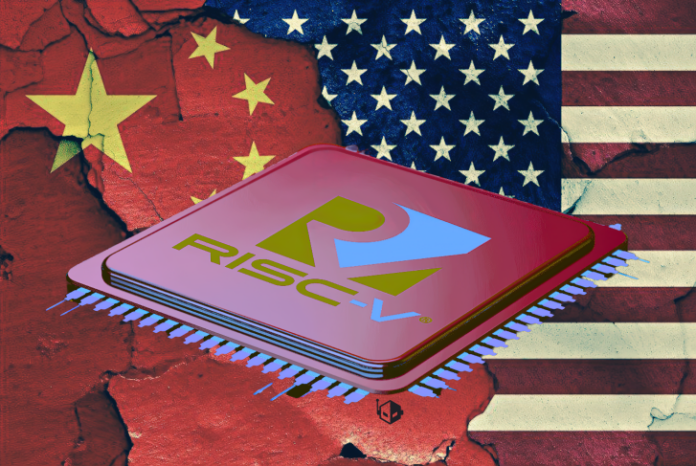
With "shocking" tech developments in China, US lawmakers are striving towards sanctioning the spread of the widely popular "RISC-V" technology to China.
US is Fearful About Technology Transfer To China Amid The Recent Developments in Rival's Tech Industry
A quick background recap on RISC-V architecture: it is an open-source standard primarily utilized as the "backbone" for advanced chips and semiconductors. The architecture's adoption has recently gained immense traction in Chinese markets, especially after the debut of Huawei's Kirin 9000S SoC, which is said to have been fundamental for achieving such performance. However, the US has realized that "technology transfer" has been rapid to Chinese industry, so lawmakers are now proceeding towards hindering RISC-V developments.
The CCP (Chinese Communist Party) is abusing RISC-V to get around U.S. dominance of the intellectual property needed to design chips. U.S. persons should not be supporting a PRC tech transfer strategy that serves to degrade U.S. export control laws.
-Representative Michael McCaul via Reuters
The two main lawmakers involved in the process include the likes of Senators Marco Rubio and Mark Warner, who are fearful of a potential "Chinese tech revival", especially showing concern with Chinese in-house advancement with RISC-V technology. The dominance of Chinese representatives at the "RISC-V International Foundation" is a prime example of what the US is concerned with since companies like Huawei, ZTE, and Alibaba are at the forefront regarding adopting RISC-V architecture in their homegrown designs.

While the US hasn't implemented official measures yet, it will undoubtedly have an adverse effect on the global industry. Looking at the "prolonged" history of tech sanctions implemented by the US on China, it has been clear that affected nations have found a way to actually "bypass" them, either through in-house solutions or sourcing through third-party facilitators. Reports from Russian media will back my statement here since it is being disclosed that Russia plans on building a supercomputer based on NVIDIA's H100 AI GPUs, which "officially" aren't accessible by the nation.
US-China trade policies have had a significant impact on tech firms, especially those that have a broader consumer base in China, such as NVIDIA and Intel. While the US has compensated such business through policies such as the "CHIPS Act", it still doesn't have a "profound" impact, which is why US lawmakers are being forced to amend their policies.
WccftechContinue reading/original-link]




